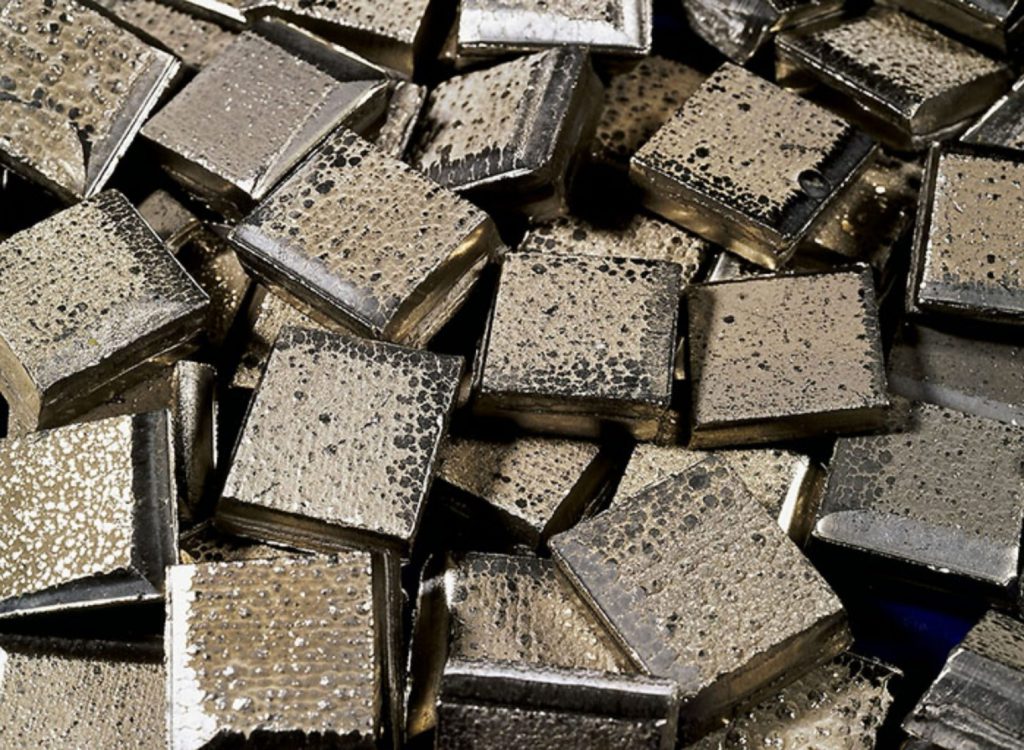Nickel prices seen falling as global surplus looms

Global nickel prices are poised to decline over the next few years as top producer Indonesia ramps up supplies and production costs fall, industry watchers predicted at metals conferences this week.
Indonesia, which made up 38% of global supply in 2021, is set to quadruple its nickel capacity to 1.2 million tonnes between 2021 and 2025, said Chen Yan, head of basic materials and engineering research at CICC.
As production growth outpaces demand, the benchmark three-month nickel contract on the London Metal Exchange is likely to fall 7.5% this year to $23,741 a tonne and sink below $20,000 a tonne in 2024, according to Ellie Wang, a Shanghai-based analyst at CRU Group.
Indonesia mainly produces nickel pig iron (NPI), nickel matte and Mixed Hydroxide Precipitate (MHP), an intermediate product used in nickel sulphate production for making lithium-ion batteries.
“The planned incremental capacity from Indonesia would significantly relieve the supply bottleneck in nickel sulphate in the next three years,” Chen said.
Indonesia’s supply of MHP is forecast to grow fourfold to nearly 600,000 tonnes between 2022 and 2027, with projects being developed by PT Lygend, PT QMB, Huayou and Huafei, according to CRU’s Wang.
Meanwhile, supply of NPI in Indonesia will climb to 201,800 tonnes in 2025 from 114,700 tonnes in 2022, said Wang Yanchen, managing director at SMM UK.
Globally, refined nickel production will rise to 99,800 tonnes by 2025, from 83,400 tones in 2022, according to Shanghai Metals Market (SMM).
Nickel is traditionally used in stainless steel but is increasingly being used in the battery sector as adoption of electric vehicles expands.
Stainless steel-led demand is expected to hit 2.4 million tonnes in 2025, rising from 2.1 million tonnes in 2022, according to CICC’s Chen.
Demand from the lithium-iron battery sector will climb to 868,000 tonnes over the same period, more than doubling from 342,000 tonnes in 2022, according to Chen.
In addition to softening market fundamentals, lower costs will further drive down nickel prices, Chen said.
“The development of laterite (ore) would alleviate the supply shortage and bring down production costs, leading to a fall in NPI prices and nickel sulphate,” he said.
(By Siyi Liu and Mai Nguyen; Editing by Sonali Paul)
{{ commodity.name }}
{{ post.title }}
{{ post.date }}




Comments